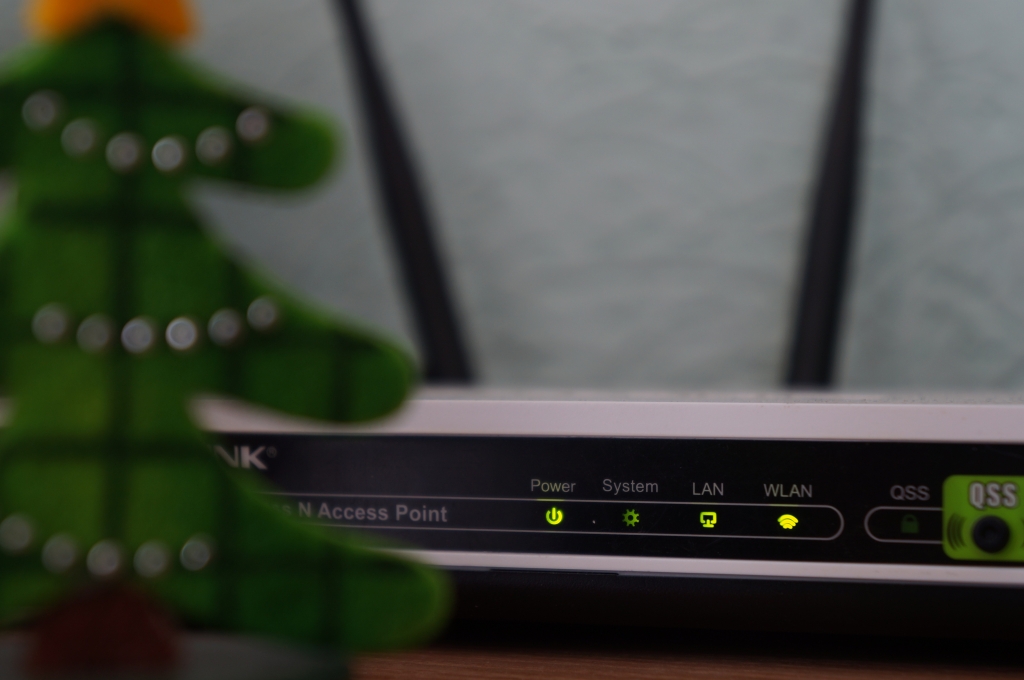It might sound self-explanatory, but many people often forget that wifi is wireless. This means the signal from your router isn’t necessarily confined to the four walls of your house, apartment or business premises.
You might never have given it a second thought, but it’s actually quite easy for neighbours to share a wifi connection – particularly if there is no password in place. This in itself isn’t just a bad thing on paper: if you get on with a neighbour, it might even seem beneficial to share a connection to save money – but what are the drawbacks?
If other people are connected to your personal wifi, you’ll almost certainly notice an effect on the speed of your connection. This means slow website loading times, lag during online gaming and lots of buffering while trying to stream the latest box-set via a subscription service.
You might also have concerns as to what others are accessing via your connection. For all you know, your neighbour could be downloading illegal content, such as pirated movies or music – and those downloads will be linked to your account. As the responsible holder of the internet connection, you would be liable for any content accessed.
Security risk
An open or shared wifi connection will also compromise the security of your data. Neighbours who connect to your router will have complete and unfettered access to any files shared on your local network. Depending on your setup, this could include anything from your media library (music, photos, videos) to personal documents (work-related invoices and so on). In short, it’s not a great idea to allow anybody to access this information – no matter how well you think you know them.
How to find out who is using your Wi-Fi
The easiest way to find out if any rogue devices are hijacking your connection is to head on over to your router administration page via a web browser. The way to access the router admin page will vary dependent on your internet provider and router manufacturer. The most common router addresses include:
- 192.168.1.1
- 192.168.2.1
- 192.168.0.1
- 192.168.1.254
Most routers (particularly those supplied by the big media companies) feature a simple user interface that will allow you to take a look at the devices currently using your connection.
Protecting your connection
If you’re concerned that an unauthorised user is accessing the internet via your connection, the easiest way to put a stop to this is to change your router’s wifi password (or create one, if your router is not already encrypted). This can be done via the router administration page – however, you should be aware that changing the password will mean that any devices in your home will need to be re-logged into your router. It might not seem like such a big deal, but with so many smart devices around the home these days, it can turn into something of a chore.
If you’d like more information on how to secure your wifi connection or change your router password, why not get in touch with Dave’s Technical Support today?
